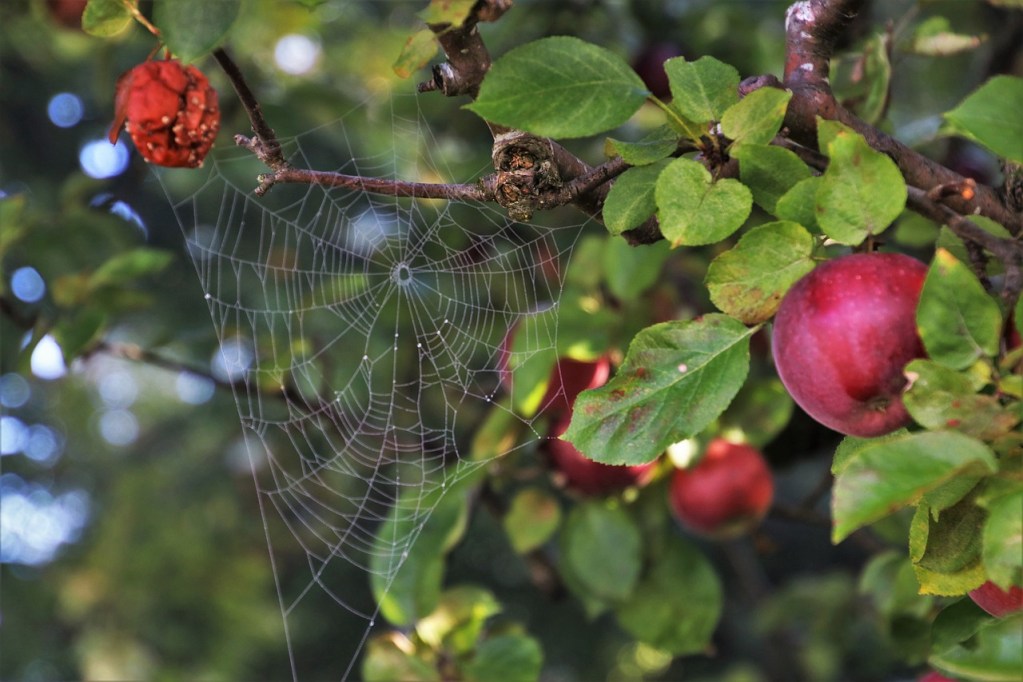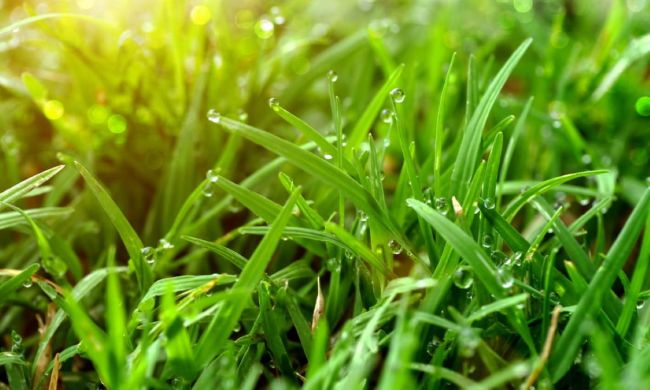
There are all sorts of creatures that might turn up in a garden, but there are few quite as polarizing as spiders. Spiders are a major source of fear for many people, but they also play an important role in the ecosystem. We’ll give you all the facts, so you can understand both how to get rid of spiders and why you should consider leaving them alone!

Why you might want to let the spiders stay
Spiders are an essential part of a thriving ecosystem and provide an important service to your garden. Their main benefit to gardens is that they keep the insect population down. Spiders catch and eat many insects, including aphids, flies, mosquitoes, and even some beetles. These insects can be annoying to deal with as a gardener, but many of them are also plant-eating pests. By getting rid of these pests, spiders are protecting your plants and serving as the world’s best natural pest control.

How to get rid of spiders
If you have severe arachnophobia or live in an area with dangerous spiders, then getting rid of spiders might be a better option for you. Simply follow these tips to remove spiders from your garden and discourage them from returning.
Step 1: Remove their webs.
You can brush them off with your hands or use a stick to break them up. If the spider has just moved in, this might be enough to encourage them to make their webs elsewhere. If the spider has been there for a while, or if there is a significant amount of food for them, they might continue to build webs there. Keep removing the webs and follow the next steps.
Step 2: Use neem oil or insecticidal soap to control the pest population.
Spiders are attracted to areas with lots of insects for them to eat, so controlling the insect population in your garden will keep spiders at bay as well. Using neem oil or insecticidal soap is safer for the environment than other chemical sprays.
Step 3: Plant strong-smelling herbs.
Herbs like basil, mint, and rosemary seem to repel insects and spiders.
Step 4: Remove excess foliage.
This includes weeding your garden thoroughly, removing dead plants, and keeping a strip of empty soil around your garden. This eliminates places for spiders and pests to hide.
Step 5: Limit the amount of outdoor lighting used at night.
Lights attract moths and other insects, which spiders love to eat. Limiting your lights to what is essential will also limit your moth population, which gives spiders less of a reason to stick around.
Now that you understand the full picture, you’re ready to go into your garden and decide whether those creepy-crawlies should stay or go. If you decide to kick them out, the tips above can help you get rid of spiders without harming your plants. Alternatively, maybe you’re able to look at your garden spiders with a little less fear now that you know how hard they’re working to keep pests away from your plants!



